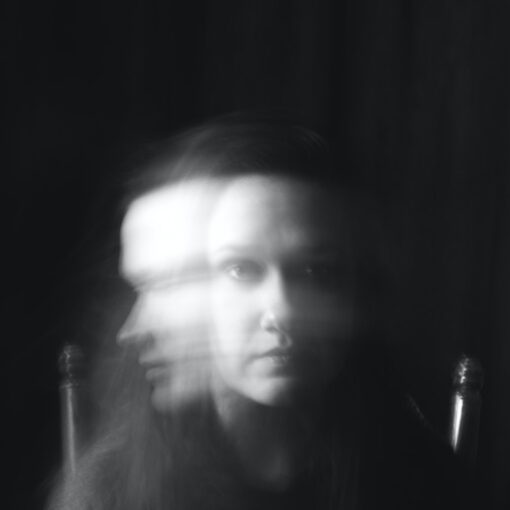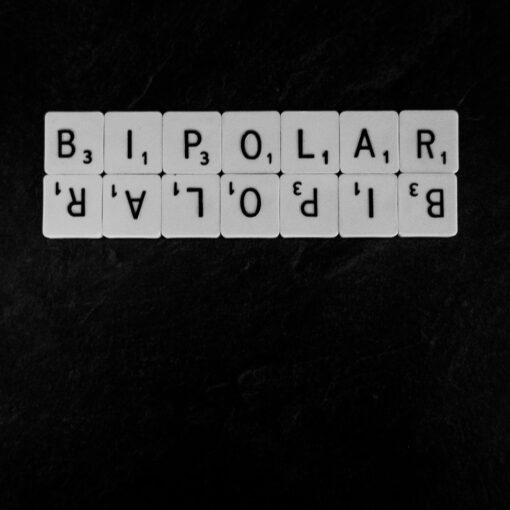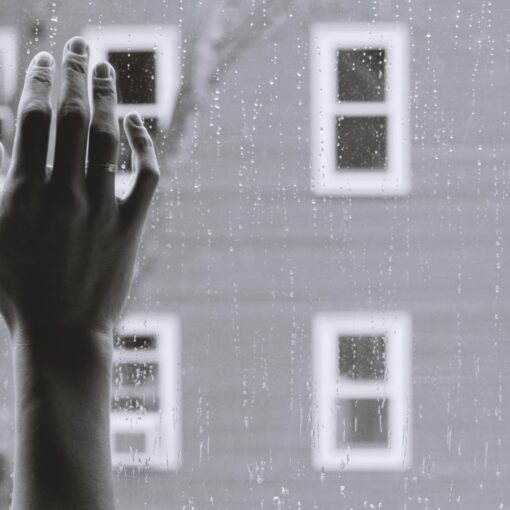There are many people who don't know that they can have clinical depression. You may be experiencing some of the symptoms, but you may not realize or even know that there is a diagnosable mental disorder. There are many psychological and behavioral signs to look for, which is why it's worth having a clinical assessment with a licensed therapist.
Key Concepts and Top Takeaways
– Recognize persistent feelings of sadness or hopelessness lasting more than two weeks.
– Monitor changes in appetite or weight, either loss or gain.
– Note any significant sleep disturbances, like insomnia or oversleeping.
– Identify a loss of interest in activities you once enjoyed.
– Be aware of fatigue or lack of energy impacting daily tasks.
– Assess difficulty concentrating, making decisions, or remembering things.
– Watch for feelings of worthlessness or excessive guilt without cause.
– Look for thoughts of self-harm or suicide; seek help immediately if present.
– Keep track of physical symptoms like headaches or digestive issues with no clear cause.
– Consult a mental health professional for evaluation and support if symptoms persist.

Please Note: This post may contain affiliate links. If you click one of them, we may receive a commission at no extra cost to you. As an Amazon Associate, I earn from qualifying purchases.
Many people struggle with depression during their lifetime, and it can be hard to know if you are one of them. If you have been feeling sad or anxious for two weeks or more, and this has interrupted your daily life and activities, then you may have clinical depression.
Depression is an overwhelming feeling of sadness, hopelessness, anxiety, and loss of interest in once enjoyable activities. It's hard to be a productive member of society while suffering from depression because it affects concentration and motivation.
A lot of people think they just have a case of the blues or that they need to exercise more, but often times this is not the case. Depression can be debilitating if left untreated, so there are ways you can tell if you actually have clinical depression.
What To Do If You Have A Major Depressive Disorder
Depression is a very serious and debilitating illness. The majority of people who experience this disorder are able to recover with treatment. If you or someone you know has symptoms of depression, it's important to do everything possible to stay healthy, as well as get professional help if needed.

Depression is not something that is easy to deal with, it is a mental illness that can be difficult to diagnose. According to the Mayo Clinic, if you have had 2 or more weeks of continuously feeling sad and anxious at least half of the time, you might have depression. Here are some tips on what to do if you think you have been suffering from depression for a while and want to find ways to cope.
There are many people who suffer from the debilitating major depressive disorder. The condition can have a devastating impact on one's life, and often leads to a feeling of hopelessness. Thankfully, there are a number of treatments that have been proven effective in reducing depression including antidepressants, cognitive behavioral therapy, electroconvulsive therapy and light therapy.
Situational Depression Versus Crippling Chronic Depressive Disorders
It's easy to confuse the two, but it's important to know which type of depression you or someone you love is experiencing. Situational depression is a temporary mood disorder that can be triggered by something specific, such as a tragedy or job loss and lasts only until that event has passed. Chronic depressive disorders are caused by an imbalance in brain chemicals and usually last longer than a year.
It's easy to tell the difference between depression caused by a temporary situation and depression caused by a chronic, debilitating disorder. One is situational and temporary, while the other is a permanent and damaging mental condition. Depression that lasts for more than two weeks without interruption should be treated as a chronic depressive disorder.
The idea of situational depression versus chronic depressive disorders can be a little confusing to understand. One may wonder what the difference is between feeling down following a breakup or experiencing chronic depression which impedes everyday functioning. The key is that these are two vastly different mental disorders that require very different approaches by health care providers. Situational depression typically lasts for weeks to months, but is usually transient and often does not require medical intervention.

Kevin Collier is a seasoned health writer at Otchut.com, specializing in over-the-counter medicines, common medical ailments, and general health topics. With a background in healthcare and a passion for making medical information accessible, Kevin aims to empower readers with knowledge to make informed health decisions. When he's not writing, he enjoys researching the latest in health trends and advocating for wellness in his community.





